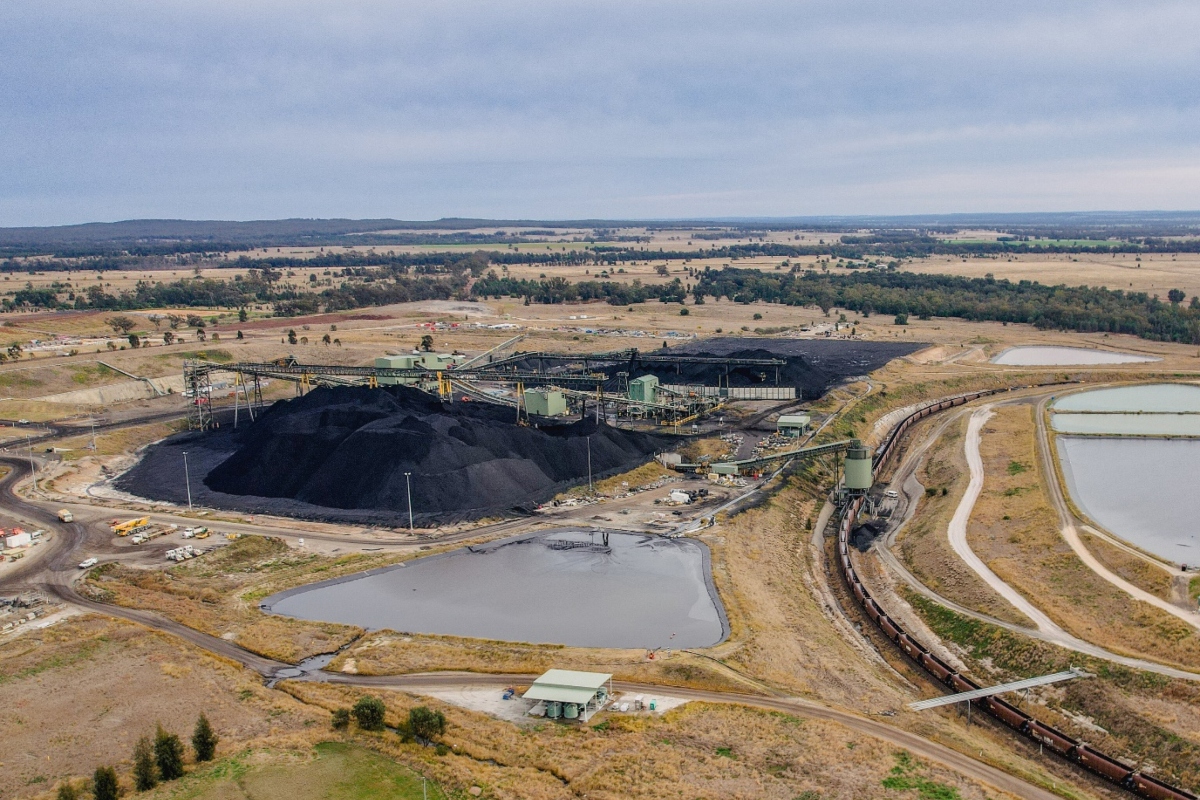By ABHA HAVAL.
Earlier this week, the Land and Environment Court ruled that the Independent Planning Commission’s (IPC) approval of Whitehaven’s Narrabri underground coal mine is legally reasonable, but the amount of CO2 the project will emit has ruffled feathers.
The IPC’s decision allowed the Whitehaven coal mine to extend operations for the longest (10km) and widest (40km) underground longwalls in Australia.
The Narrabri coal mine, a highly methane polluting mine, is set to generate emissions of at least 480 metric tonnes of CO2 equivalent at a time when greenhouse gas emissions need to be rapidly reduced to limit the impact of climate change. This amount is equal to Australia’s annual CO2 emissions.
Bushfire Survivors for Climate Action (BSCA) President Jo Dodds said, “we are disappointed by the outcome. Judge Duggan found that the IPC’s decision had a ‘rational foundation’ and ‘intelligent justification’ with reference to State and National policies.”
During the proceedings, BSCA argued that the IPC’s decision that “the mine was in the public interest was unreasonable as the mine would exacerbate climate change, increasing tipping points in climate systems and entail ‘unthinkable and incalculable’ social costs.”
“We have a moral obligation as climate survivors to challenge dangerous and polluting planning decisions that are not in the public interest, to try and prevent other people from going through what we’ve endured.”
Australia’s former Chief Scientist Penny Sackett explained her evidence in court in the following terms: “emissions at this level will take Australia way beyond 1.5 or even 2 degrees C and see an exponential increase in deadly heatwaves, droughts, and bushfires.”
Although the IPC accepted the effects the coal mine will have on the climate, they strongly relied on ‘future hope’ and ‘uncertain technology’ to reduce the methane levels.
Sackett said, “we are deeply concerned that [depending on any future] technology is still unproven and the risk of inadequately checked emissions is far too high,” she said.
“With so much at stake we can’t afford to wait for new technology that may or may not work.”
Dr Simon Bradshaw, a climate researcher at the Climate Council, said, “Australians are already facing the consequences of climate change and the science is very clear that that coal is ten times harmful for the climate.”
“We’re never going to be doing things at a scale that is necessary but, it is clear that we need to bring emissions down.”
“Any new coal mine is terrible for the future. This shows that the planning laws are not always keeping up with the community,” he continued.
“The Paris agreement is committed to keeping the global warming level below 2 degrees C and limit the temperature increase to 1.5 degrees C. We need to be taking responsibility, and leave the coal and gas in the ground,” he said.
“We just saw the world record hottest day. Extreme events are happening and we really have to have the consequences measured, and listen to those in the front of climate change.”
Dodds from BSCA said, “it is critically urgent that we increase the legal protections of the environment and everyone who lives in it.”
“The law should serve us and not the fossil fuel companies. It should protect our homes and families, not their profits. Clearly, this isn’t happening yet.”
December 18, 2024 |
Rita Bratovich
December 17, 2024 |
Chloe Sargeant
December 16, 2024 |
Chloe Sargeant
December 15, 2024 |
Christine Lai
December 15, 2024 |
Christine Lai
December 14, 2024 |
Christine Lai


